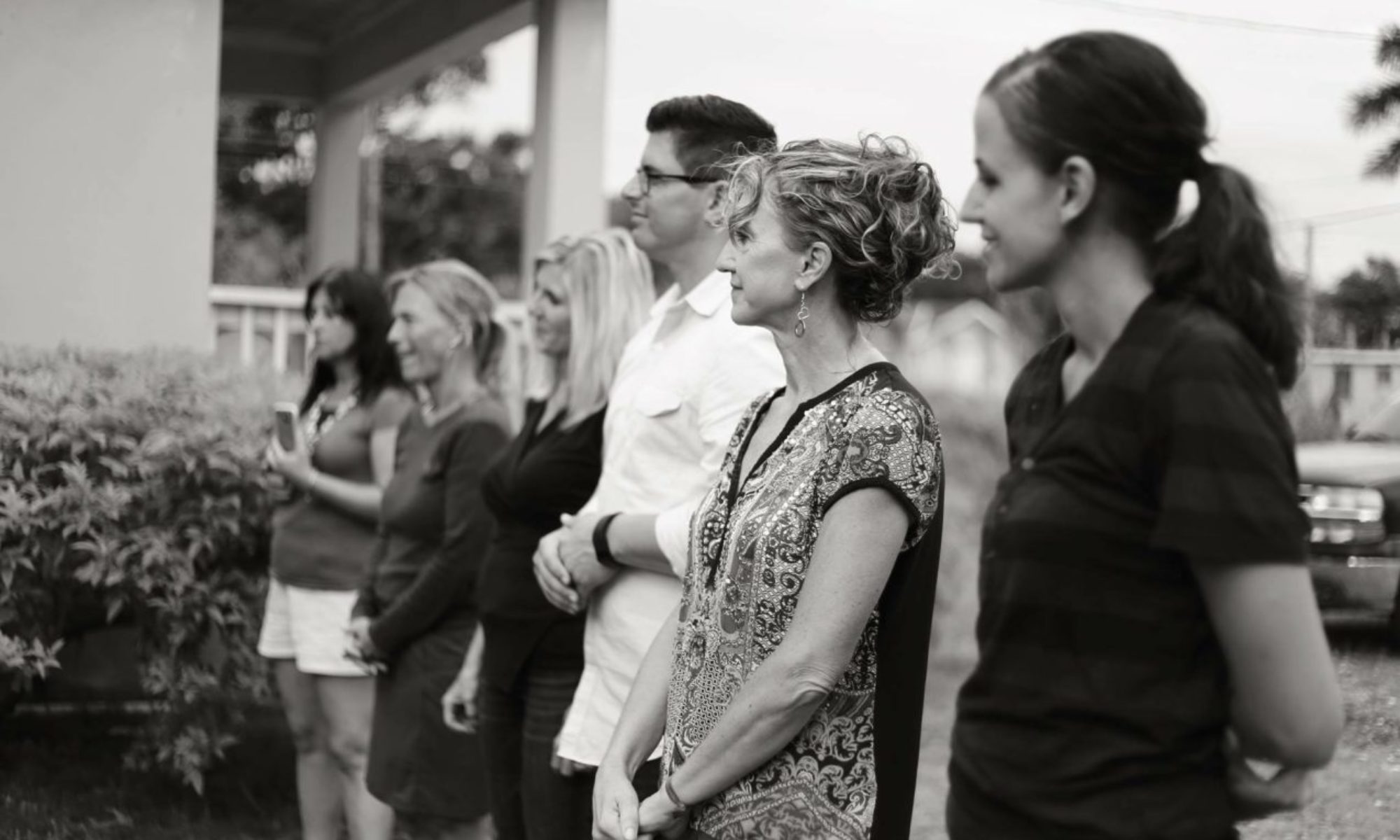
Sometimes life will present us with circumstances that require the use of contemplative discernment. In such a case, do we do what is easy and what seems to provide us with the greatest reward, or do we do what is right, knowing that the consequences may not be in our favor?
There is a video circulating of an interaction between a police officer and a suspect, as filmed from the officer’s vehicle webcam. The clip begins after the suspect has been placed in handcuffs with his arms behind his back. Shortly thereafter, the police officer begins to choke on his gum. His hand then moves to his throat and he begins to gasp for air. He backs away from the car, falls on his back, and continues gasping, with legs flailing about.
The suspect, seemingly uncomfortable, begins glancing about. There seems no one else in the vicinity. With the officer continuing to gasp for air, the suspect moves to his side and yells to the officer, “throw me your keys. (for handcuffs) I’ll help you.” Yet, the officer continues to flail about, both hands on his throat now, gasping in panic. The suspect again barks out, “throw me the keys and I will help you.”
Being in a vulnerable position, this is a decisive moment for the officer. If he does nothing, suffocation seems eminent. And yet, there are risks involved with taking action.
What could happen?
He could throw the keys to the suspect, who could subsequently remove the cuffs and run away.
He could throw the keys to the suspect, who could remove the cuffs and possibly proceed with acts of aggression. He could take the cops weapon, steal the officer’s car, and/or more.
He could throw the keys to the suspect, who could remove the cuffs and potentially save his life.
In all these scenarios, the suspect removes the cuffs when keys are provided. What happens after that is a mystery at this point in the story. Some would say that the officer has no choice, he must attempt to save himself. Others might describe the latter action as selfish and not true to his duty. To take action will take trust, the officer needs to trust that the suspect will do the right thing.
So here is how it played out…
After the second request from the suspect, the officer managed to grab the keys and throw them at the suspect’s feet. The suspect then lowered himself down, while remaining on his feet, and picked up the keys from behind. After a return to standing, he used the keys to release the cuffs, then proceeded to throw the keys and cuffs to the ground. Without hesitation, he proceeded towards the head of the officer. He bent down, reaching his arms under the officer’s shoulders he managed to pull him to his feet. He then began the Heimlich manuver. With the first thrust, nothing happens. After the second, the officer is continuing to gasp and has difficulty trying to remain on his feet. With each thrust, they are moving closer to the car and camera. The suspect, now having to also hold the officer upright, continues using all his might to thrust a third time, fourth time, and a fifth. He is not giving up. Finally, after the fifth thrust, a wad of gum flies out of the officer’s mouth, landing on the hood of the car.
What happens next is also amazing. The officer leans on the car, coughing and gasping, trying to regain some level of composure. Meanwhile, the suspect walks back over to the handcuffs and picks them up. He returns to the officer, hands him the cuffs, then turns around, putting his hands behind his back.
What do you do when you think no one is watching?
Although continuing to cough, the officer appears quite relieved that the ordeal is over. Making eye contact with the suspect he says, “man, you saved my life. You are free to go.”
This story has a happy ending. It turned out well because someone chose to do the right thing and in doing so, invoked a double blessing. He saved someone’s life and by this action, gained respect and freedom. So it is possible that doing the right thing can provide everyone with the best possible outcome, even when not seen initially.
What would you have done as the officer?
What would you have done as the suspect?
Would you call yourself a person of character? People of character do the right thing, not to boast, but to align with their true nature, for we are always called to authentically Love One Another. At the root of everything, Love is who we are. When provided with a challenge such as this, we must remember, the time is always right to do the right thing.

